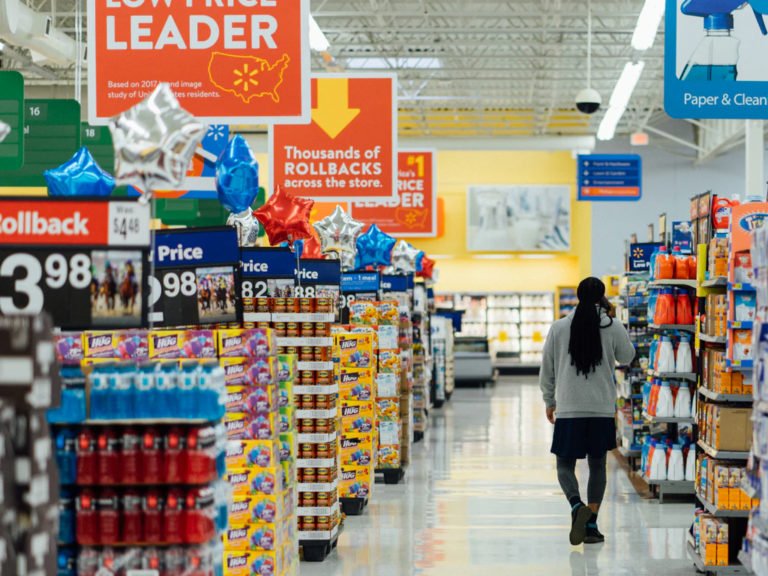Editor’s Note: Insights That Work is a showcase of how the GRIT Top 50 Most Innovative Suppliers create solutions to some of the biggest challenges in insights today. This year’s edition provides case studies on brands like Nestle, Shell, Frito-Lay, and more.
Challenge
After many structural optimizations, a retailer’s value perception continued to be lower than that of core competitors. To close the gap, a strategic decision was made to amplify value, specifically through price, across the store.
While recognizing that there are no quick fixes to larger value-image issues, we helped the retailer by identifying opportunities to shift price perceptions in the short term, while simultaneously setting the stage for greater impact in the long term.
By focusing on improving value perceptions through in-store signage, the retailer sought optimizations for price and promotion display. They also desired principles to inform the creation of a long-term messaging hierarchy. Due to the complexity of pricing and display, the retailer needed insight into the contextual, non-conscious, and often hidden drivers of behavior as well as a baseline of guest understanding of current pricing systems.
Solution
Ipsos brought together several teams to understand shoppers’ attention, goals, beliefs, and context as they related to perceptions of value-driven by signage.
We began by establishing key hypotheses, strategic guardrails, and opportunities for behavioral science interventions through a set of interviews with key stakeholders and a behavioral science analysis of extant research performed by the retailer.
Using these hypotheses, we next investigated shopper attention through innovative use of in-store, live eye-tracking. This revealed the time consumers spent looking at signs and which signs attracted their interest or ignorance.
Next, our ethnography team intercepted and shopped with over fifty store guests. This allowed us to observe and probe their attention in-context, discover how these guests perceived value, and determine their goals in shopping-related to price, product, and the overall experience provided at this retailer. This allowed us to highlight overarching principles for signage design as well as changes and optimizations for each sign.
Analysis revealed several critical insights that helped develop key areas for our behavioral science audit: attention, comprehension, and offer credibility.
Outcome
Post-research, we conducted a joint strategy/behavioral science activation session where we co-created new signs with the retailer and their creative agency partner, based upon scientific principles. The session concluded with the development of an overall signage framework that could be used to emphasize price throughout the store.
Many of the recommended changes are already present in this retailer’s in-store signage. Other recommendations have affected the development of internal procedures and systems related to price and price signage. We continue to work with the retailer to develop KPIs that measure the effectiveness of these changes both short- and long-term.
